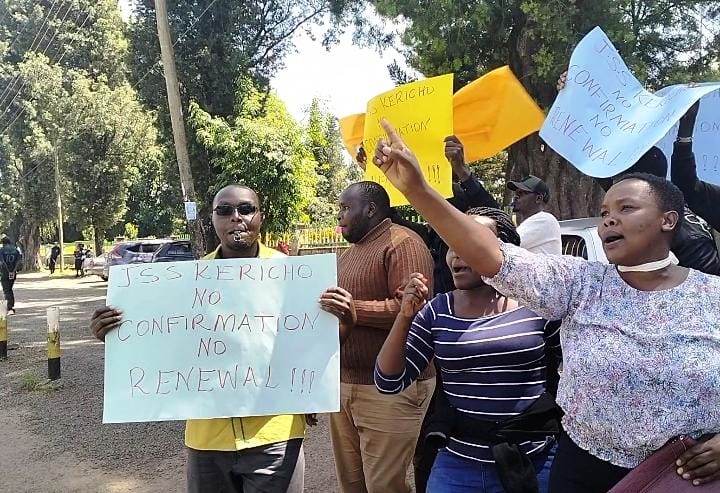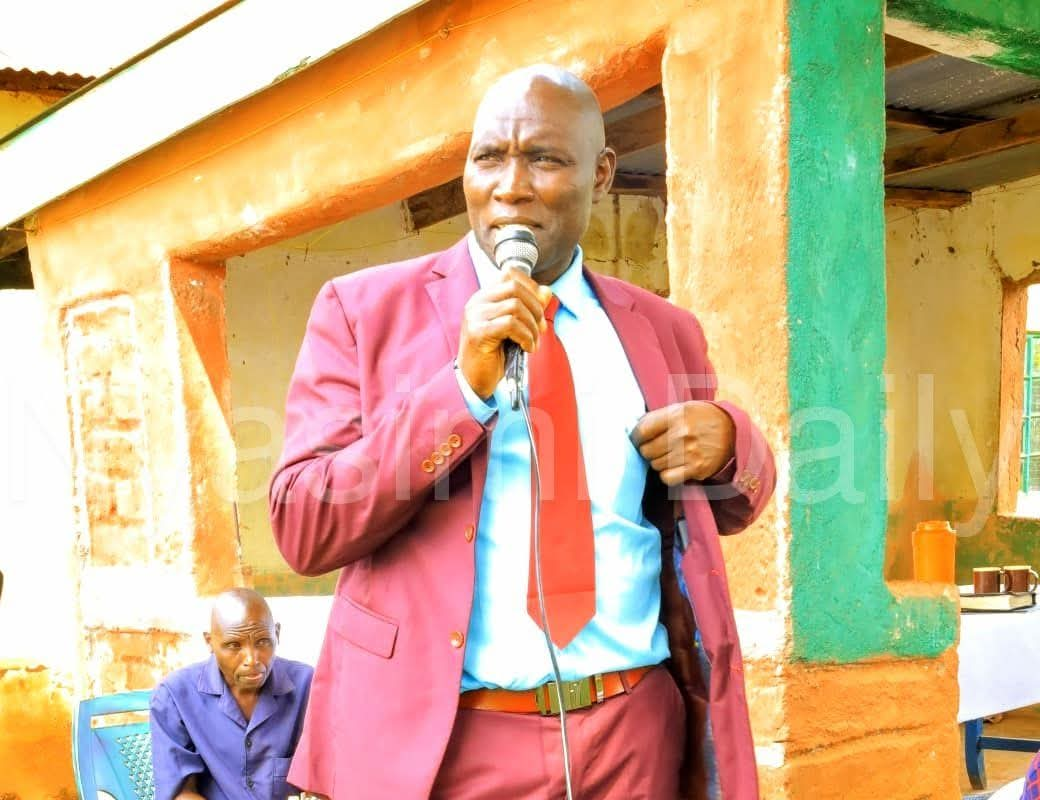The Kenya Junior School Teachers Association (KEJUSTA) has reiterated its firm stance on the autonomy of Junior Secondary Schools (JSS), dismissing proposals to transfer JSS teachers to senior schools as illogical and counterproductive.
In a statement released today, KEJUSTA emphasized that the push for autonomy originates from the JSS teachers themselves, reflecting their lived experiences and the need for a well-structured, independent system.
The association argued that the suggestion to move nearly 100,000 JSS teachers to senior schools while replacing them with fewer than 40,000 teachers is neither rational nor feasible.
“The demand for autonomy did not originate from KUPPET or any external body. It comes directly from teachers on the ground who understand the unique needs of Junior School education,” KEJUSTA said.
The association stressed that its campaign for autonomy is anchored on the best interests of the Kenyan child, a principle enshrined in the Constitution and the Basic Education Act.
ALSO READ:
KUPPET pushes for relocation of JSS teachers to senior schools, triggering fresh autonomy debate
KEJUSTA highlighted that every child deserves a stable, organized learning environment supported by adequately prepared and empowered teachers.
Reaffirming its resolve, KEJUSTA stated: “Junior School must be granted full autonomy.” The association warned that distractions, shifting narratives, or political maneuvering could jeopardize the integrity and future of Junior Schools.
KEJUSTA further pledged to continue championing a system that delivers quality education to all Kenyan children, maintaining that autonomy is essential for achieving this goal.
The debate over Junior School autonomy has intensified in recent months, with various stakeholders weighing in on how best to improve the sector while ensuring teacher welfare and quality learning outcomes.
By Philip Koech
You can also follow our social media pages on Twitter: Education News KE and Facebook: Education News Newspaper for timely updates.
>>> Click here to stay up-to-date with trending regional stories
>>> Click here to read more informed opinions on the country’s education landscape






